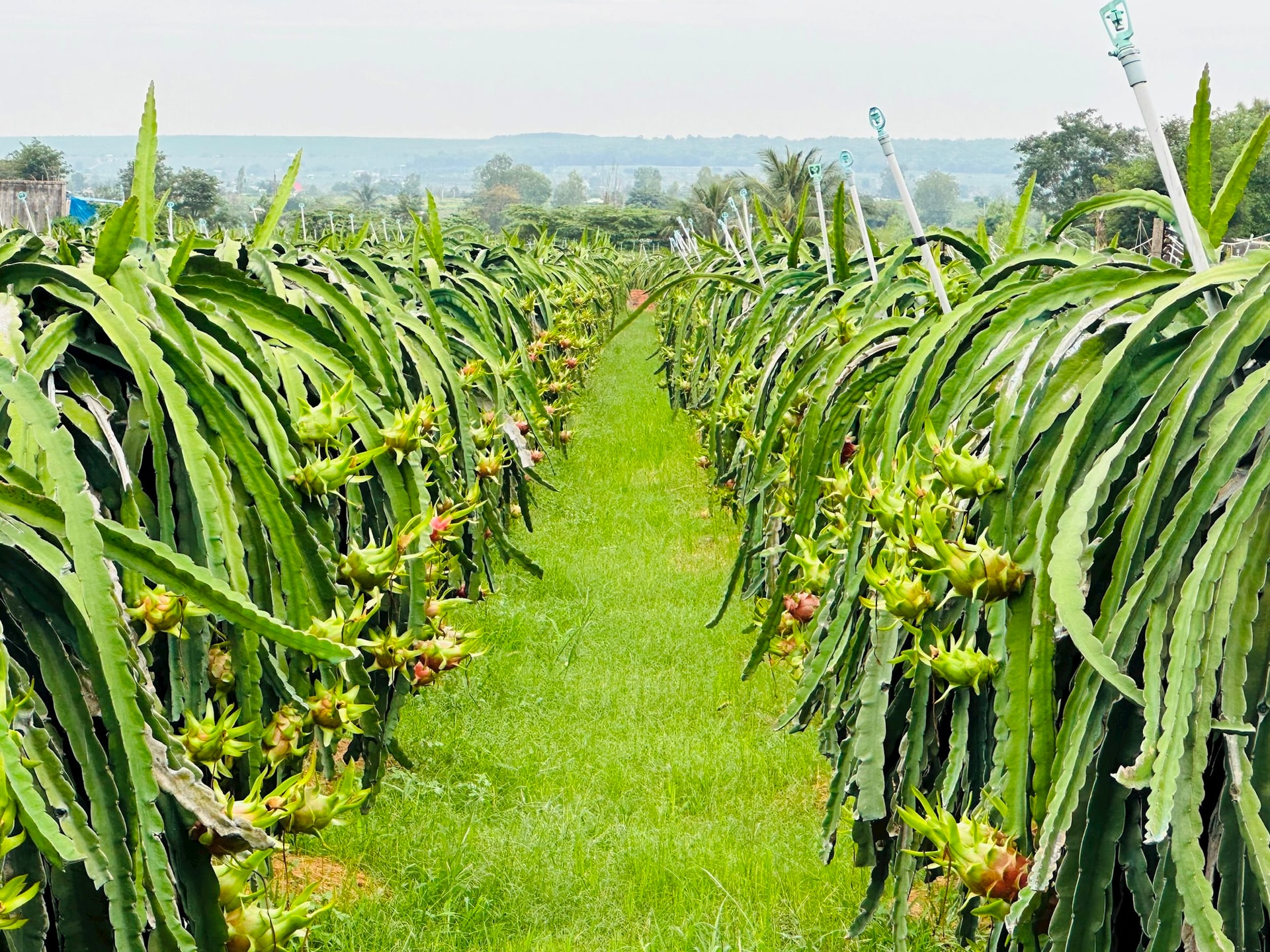
In recent years, the dragon fruit area of the province has tended to decrease, from more than 30,000 hectares to 25,800 hectares. The reason is that many households have proactively switched to other crops, because the price of dragon fruit is unstable. Meanwhile, Mr. Thang's farm is increasingly expanding production and is not worried about product output. Currently, the dragon fruit in his garden is ripe and heavy with red fruit. The entire farm is installed with sprinkler irrigation and drip irrigation systems.
The farm owner shared: This type only weighs from 250 - 400 grams, serving the European market, through an export company in Ho Chi Minh City. Accordingly, the year-round product purchase price is from 18,000 VND/kg for white-fleshed dragon fruit and 30,000 VND/kg for red-fleshed dragon fruit. At this price, with a total current output of 1,500 - 2,000 tons/year, after deducting investment costs, gardeners can earn a profit of 40 - 50% (from 10 - 12 billion VND/year). This is also the "key" for Mr. Thang's family and other GlobalGAP dragon fruit producers in the area to stick around, confidently producing clean and sustainable products.
However, Mr. Thang said, to be guaranteed this price, growers must always do a good job of production according to the very strict GlobalGAP standards, meeting the requirements of customers worldwide...
It is not difficult to see and understand the large scale of this farm, which was formed in 2010. Because Mr. Thang himself comes from an agricultural engineer background, who loves, understands and is deeply attached to the profession of growing dragon fruit. Mr. Thang said that the farm currently has 130 local workers working. They are instructed to comply with the farming process, change their production mindset. Especially, strict requirements are required in the process of monitoring, checking for fungal diseases and promptly handling infected branches such as brown spots and anthracnose to avoid widespread spread.
On the other hand, it is necessary to ensure the "4 rights" principle including: Right medicine, right time, right concentration and right method. In particular, dragon fruit gardens need to be fertilized with organic microbial fertilizers, without removing fruits to achieve small weight according to the requirements of the European market. Currently, the farm owner is lighting the trees 3 times a year (alternately by phase), the yield is about 40 tons/ha, while the normal dragon fruit garden only reaches 25 - 30 tons/ha. In particular, from 2012 to now, Mr. Thang has linked and led dozens of local dragon fruit growers to produce according to GlobalGAP standards with about 150 hectares (product consumption). From there, it helps households feel secure in production and stabilize their income.
Looking at the GlobalGAP dragon fruit farm of Mr. Tran Quoc Thang, we can see the inevitable trend of clean production. To develop sustainable agriculture, farmers are required to change their mindset to clean production, linkage and product consumption. This is also a requirement of the agricultural sector of the country in general and Lam Dong in particular for the province's agriculture to develop sustainably.
GlobalGAP production is a set of technical measures on good agricultural practices that are built for voluntary application to production, harvesting and post-harvest handling of agricultural products on a global scale. There are 252 criteria in the GlobalGAP standard set. Currently, Lam Dong province has about 453 hectares of dragon fruit certified by GlobalGAP.
Source: https://baolamdong.vn/trang-trai-thanh-long-globalgap-382330.html


![[Photo] Panorama of the cable-stayed bridge, the final bottleneck of the Ben Luc-Long Thanh expressway](https://vphoto.vietnam.vn/thumb/1200x675/vietnam/resource/IMAGE/2025/9/30/391fdf21025541d6b2f092e49a17243f)

![[Photo] General Secretary To Lam, Secretary of the Central Military Commission attends the 12th Party Congress of the Army](https://vphoto.vietnam.vn/thumb/1200x675/vietnam/resource/IMAGE/2025/9/30/9b63aaa37ddb472ead84e3870a8ae825)
![[Photo] Solemn opening of the 12th Military Party Congress for the 2025-2030 term](https://vphoto.vietnam.vn/thumb/1200x675/vietnam/resource/IMAGE/2025/9/30/2cd383b3130d41a1a4b5ace0d5eb989d)
![[Photo] The 1st Congress of Phu Tho Provincial Party Committee, term 2025-2030](https://vphoto.vietnam.vn/thumb/1200x675/vietnam/resource/IMAGE/2025/9/30/1507da06216649bba8a1ce6251816820)
![[Photo] President Luong Cuong receives President of the Cuban National Assembly Esteban Lazo Hernandez](https://vphoto.vietnam.vn/thumb/1200x675/vietnam/resource/IMAGE/2025/9/30/4d38932911c24f6ea1936252bd5427fa)









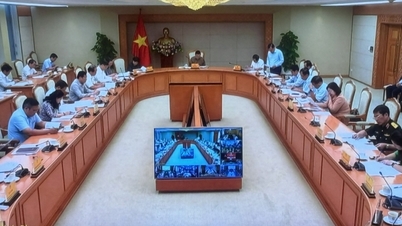

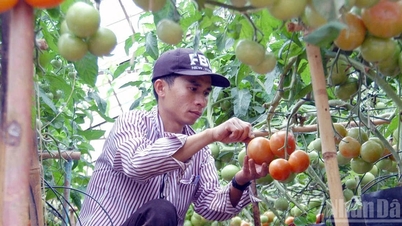
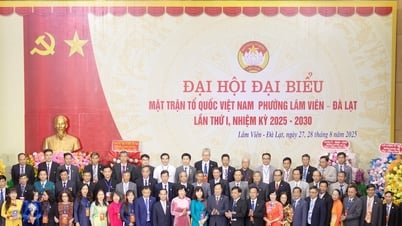





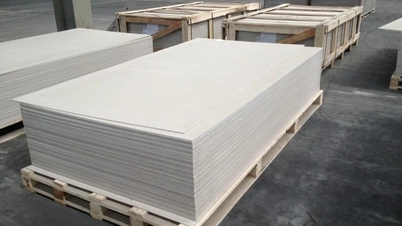





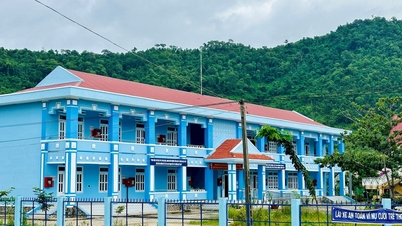
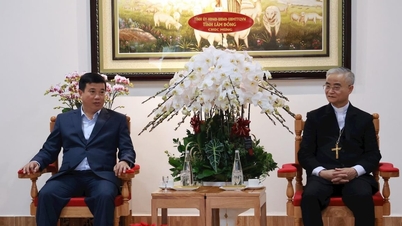
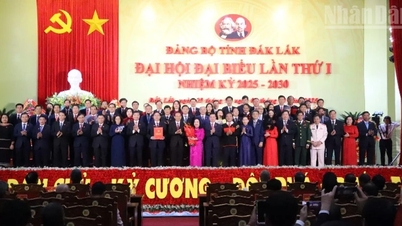
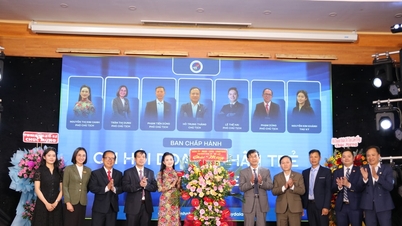

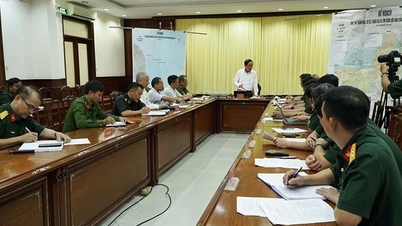
















































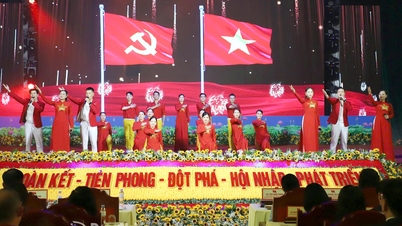



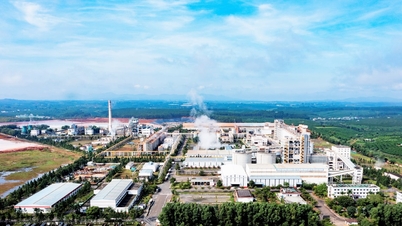


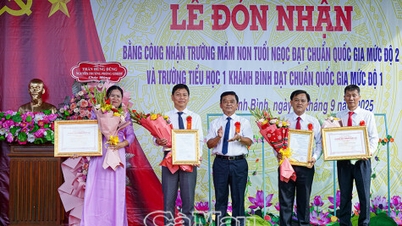













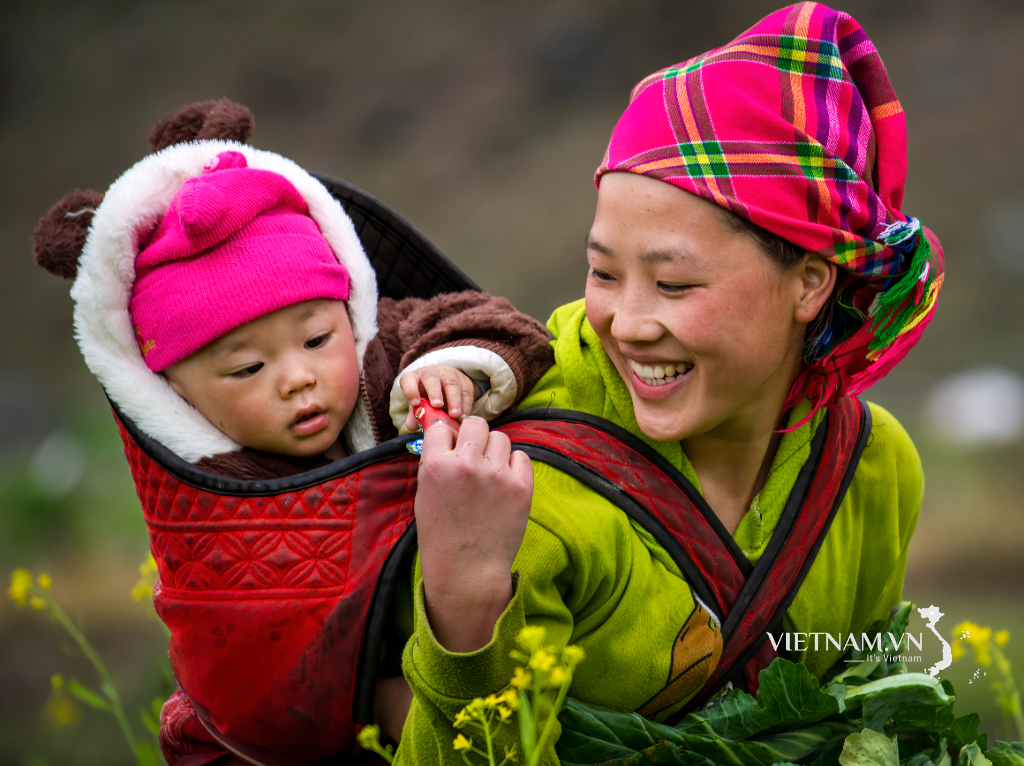
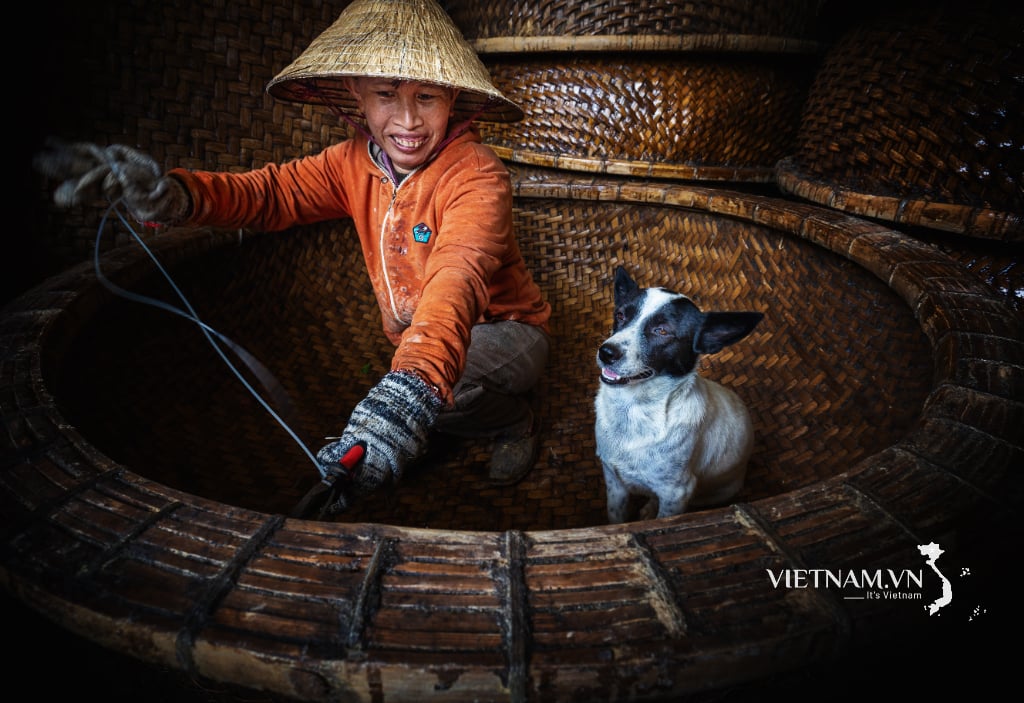
Comment (0)